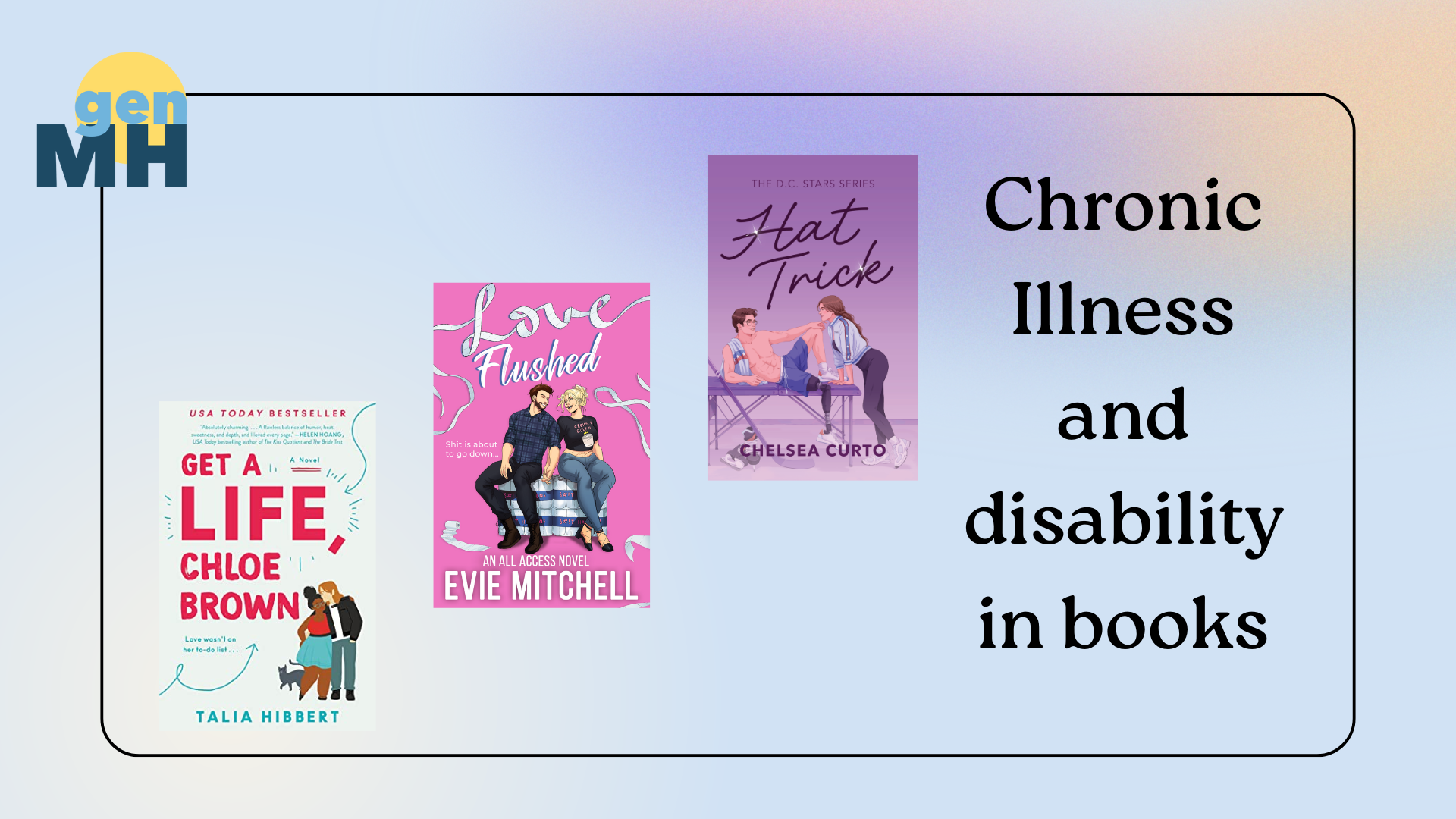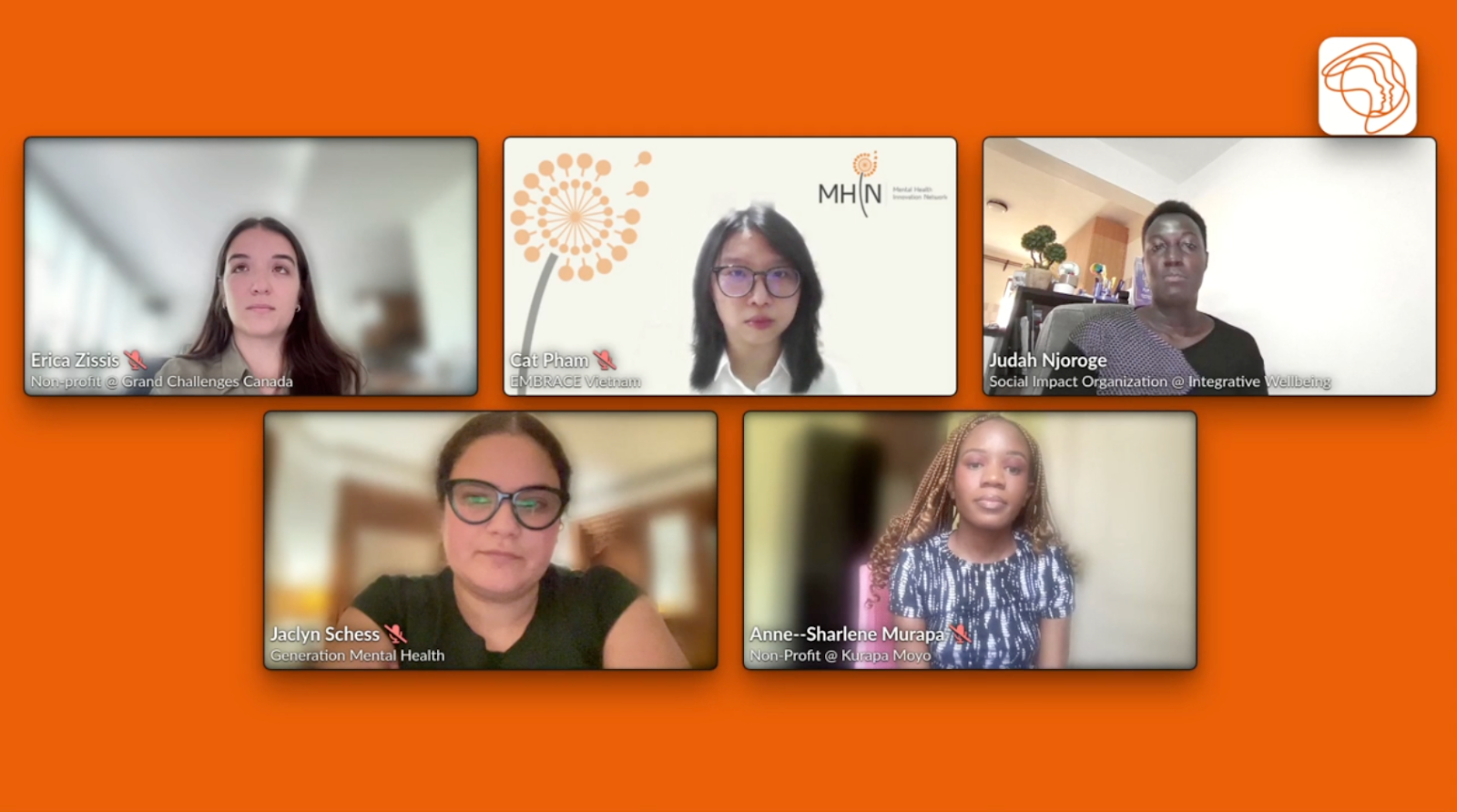To Live is to Lose, and to Lose is to Live - A poem by Matthew Jackman
Sharing our lived (or living) experience stories has no standard template. Sometimes, in an effort to express ourselves, we are encouraged to explore other creative mediums, such as art, music and poetry. Sharing your story isn't just about getting it out there for others, it is about processing your emotions and experiences for yourself as well. I hope this poem, written for my Mother, inspires you, and encourages you to share your story.
Dear Samantha,
To live is to lose,
And to lose is to live,
For you I miss, I hurt, I love,
I grieve,
For you I dare to breath,
I grieve and yearn, I mourn, I bereave
So complicated, I begin to seethe,
For you once more I dare to breath,
For breathing is to live, and to live is to lose,
Once more I breath, I live for you.
In loving memory, honour and dedication of nee’ Samantha Maree O’Connell
Born 7/4/1971, Death 7/9/1999.
There is immense power in sharing your story with others. However you feel comfortable sharing your experiences, Generation Mental Health wants to support you to do so. If you are interested in sharing on the GenMH Blog, please message me at: matthewrjackman@outlook.com.




